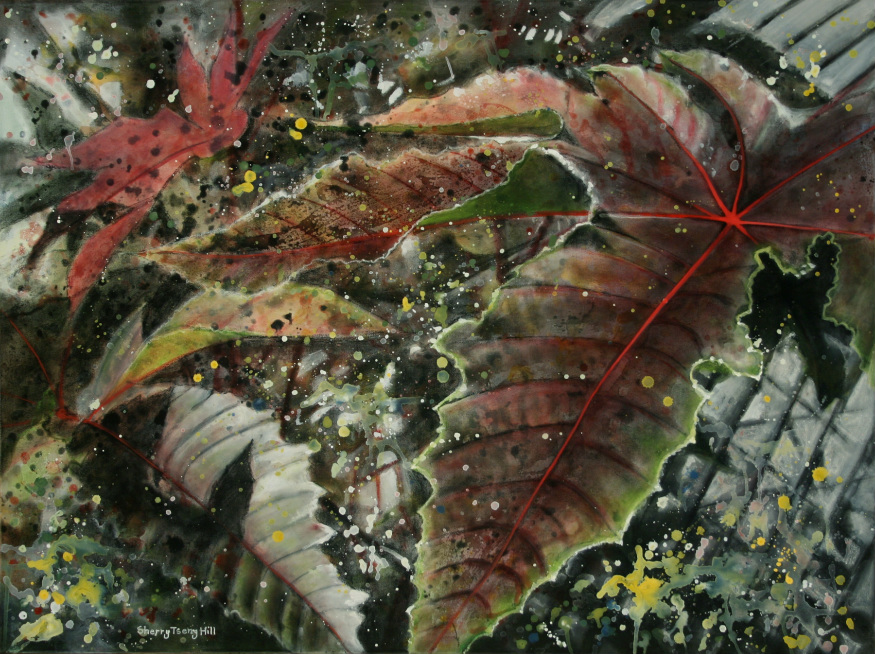


Mr Markov, who was an avowed critic of Bulgaria's communist regime, was waiting at a bus stop near Waterloo Bridge, London, when a stranger jabbed him in the leg with an umbrella. Ricin was the poison used for the infamous murder of Bulgarian dissident Georgi Markov in September 1978. "Having an anti-toxin in the armoury would be very helpful for anyone who has to deal with possible ricin poisoning," he told BBC News. Professor Alastair Hay, a toxicologist at the University of Leeds described ricin as "a very potent poison".
#RICIN ANTIDOTE FULL#
This is reconstituted with water for injection into the body.ĭr Holley said that although the anti-toxin is ready to be manufactured, full licensing is likely to take about five years. The antibodies are then harvested from the sheep to produce a freeze-dried product. These are proteins used by the immune system to neutralise harmful substances. Production of the anti-toxin involves immunising sheep with an inactive form of ricin, which results in the production of antibodies. In recent years, the perceived threat of bioterrorism has increased.Īlthough the anti-toxin developed at Porton Down was initially intended for use by the military, DSTL scientists are investigating its potential use in a civilian environment. A tiny quantity can be lethal, but the amount needed to kill depends on the route of administration.Ī combination of pulmonary, liver, renal and immunological failure can lead to death, though people can recover from exposure. It can cause harm if injected, swallowed or inhaled. The toxin is part of the waste "mash" produced when castor oil is made. Ricin is extracted from castor beans, which are processed throughout the world to make castor oil. The principal scientist in biomedical sciences at DSTL added: "It is anticipated that a product will be available for use in the next couple of years." But this is the first that has been moved into production. Security experts say ricin - roughly 1,000 times more toxic than cyanide - could be used in a bio-terror attack.ĭr Holley told BBC News: "In the past there has been lots of research carried out using different methods. The antidote can protect against death up to 24 hours after exposure, according to Dr Jane Holley from DSTL. It is the result of eight years of work by researchers at the Defence Science and Technology Laboratory based at Porton Down in Wiltshire. An anti-toxin that protects against ricin poisoning is to move into production for the first time.


 0 kommentar(er)
0 kommentar(er)
